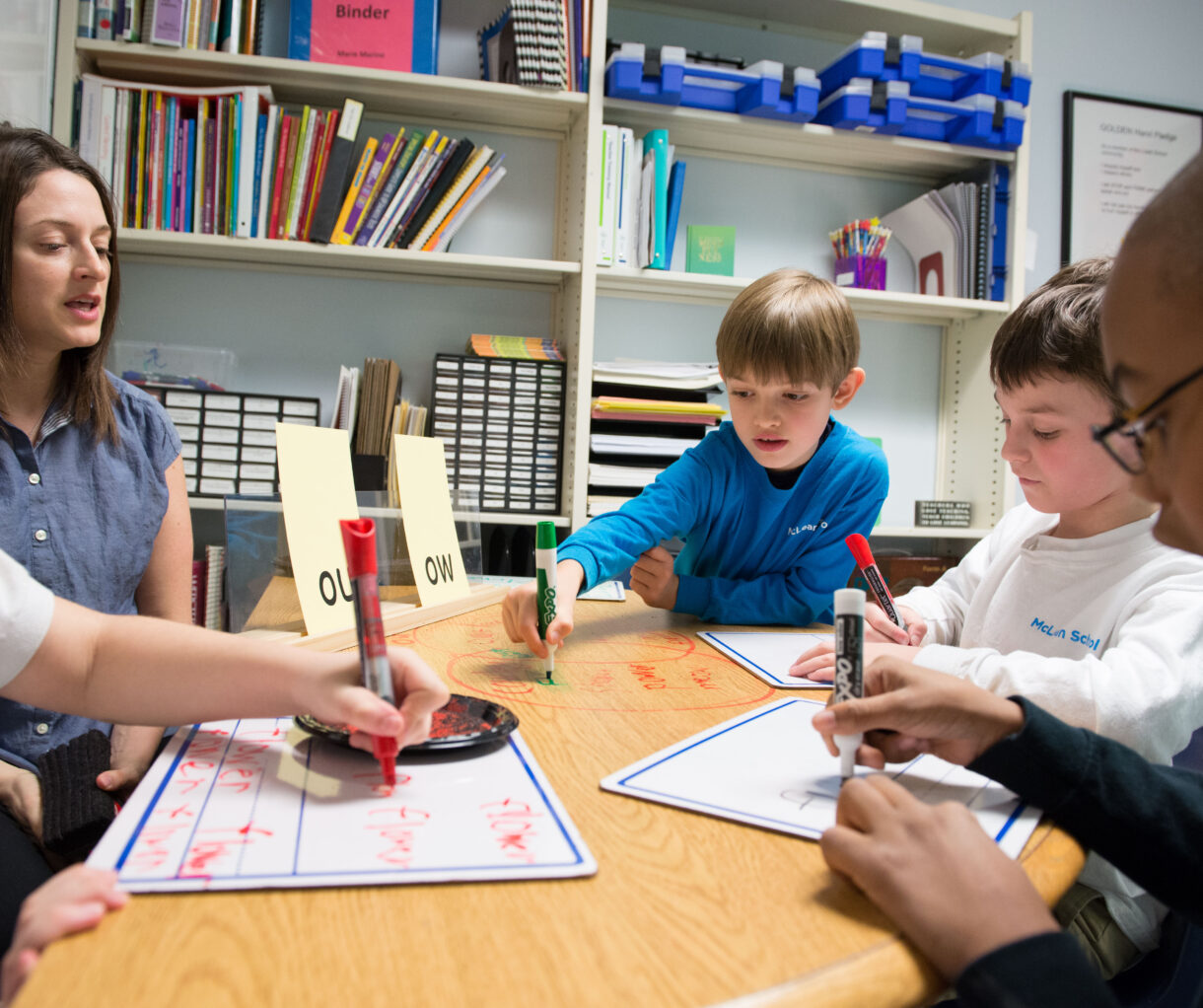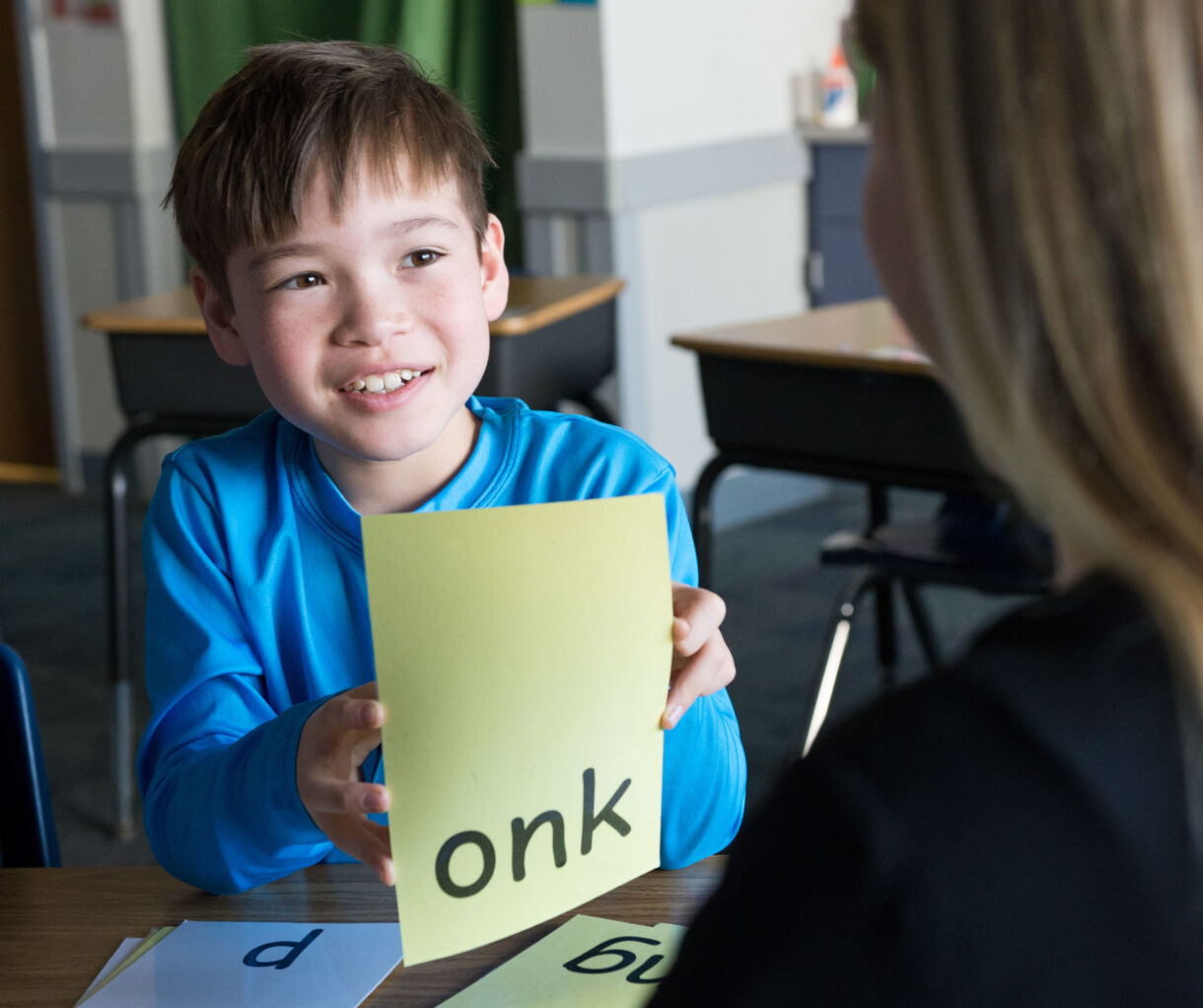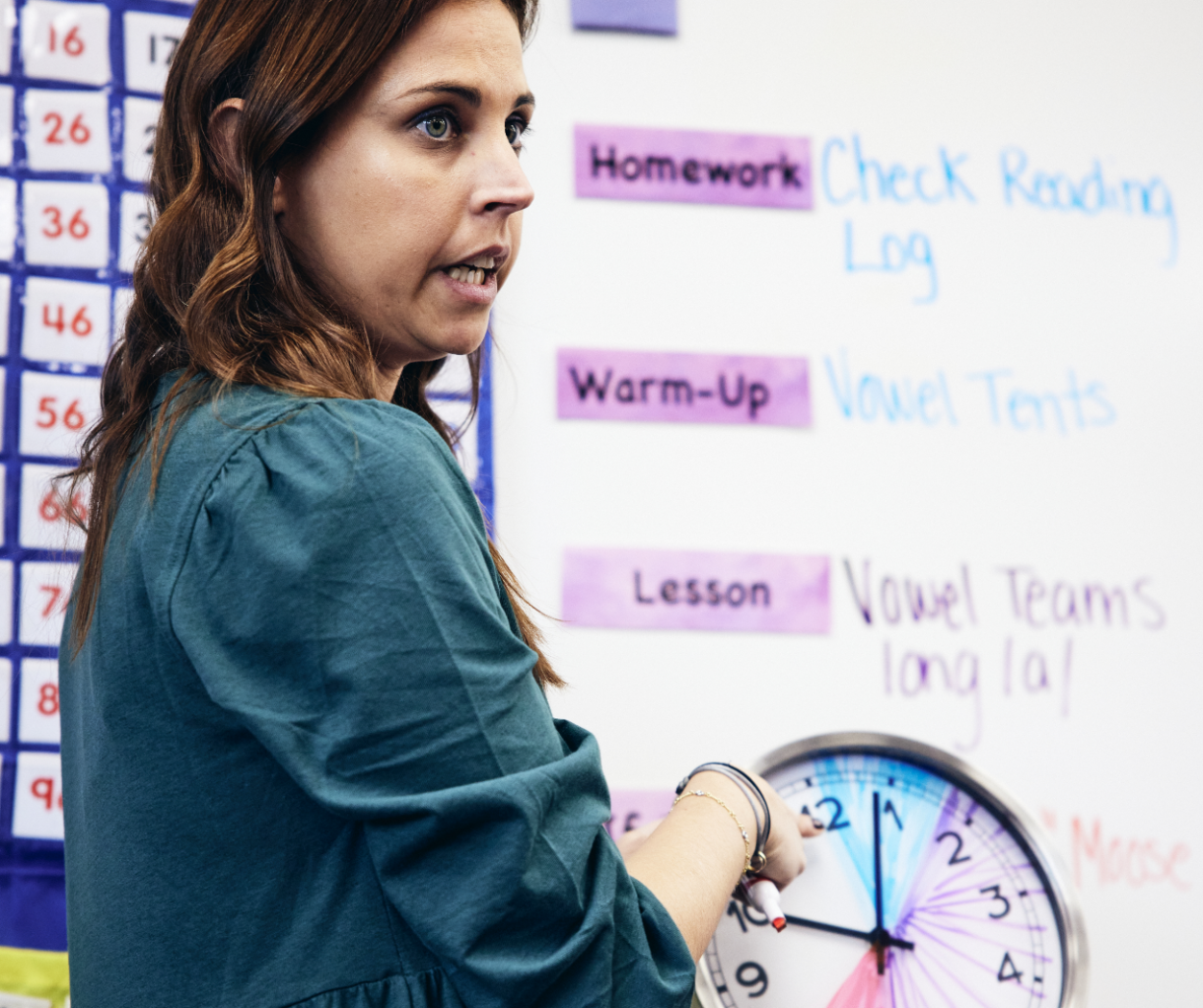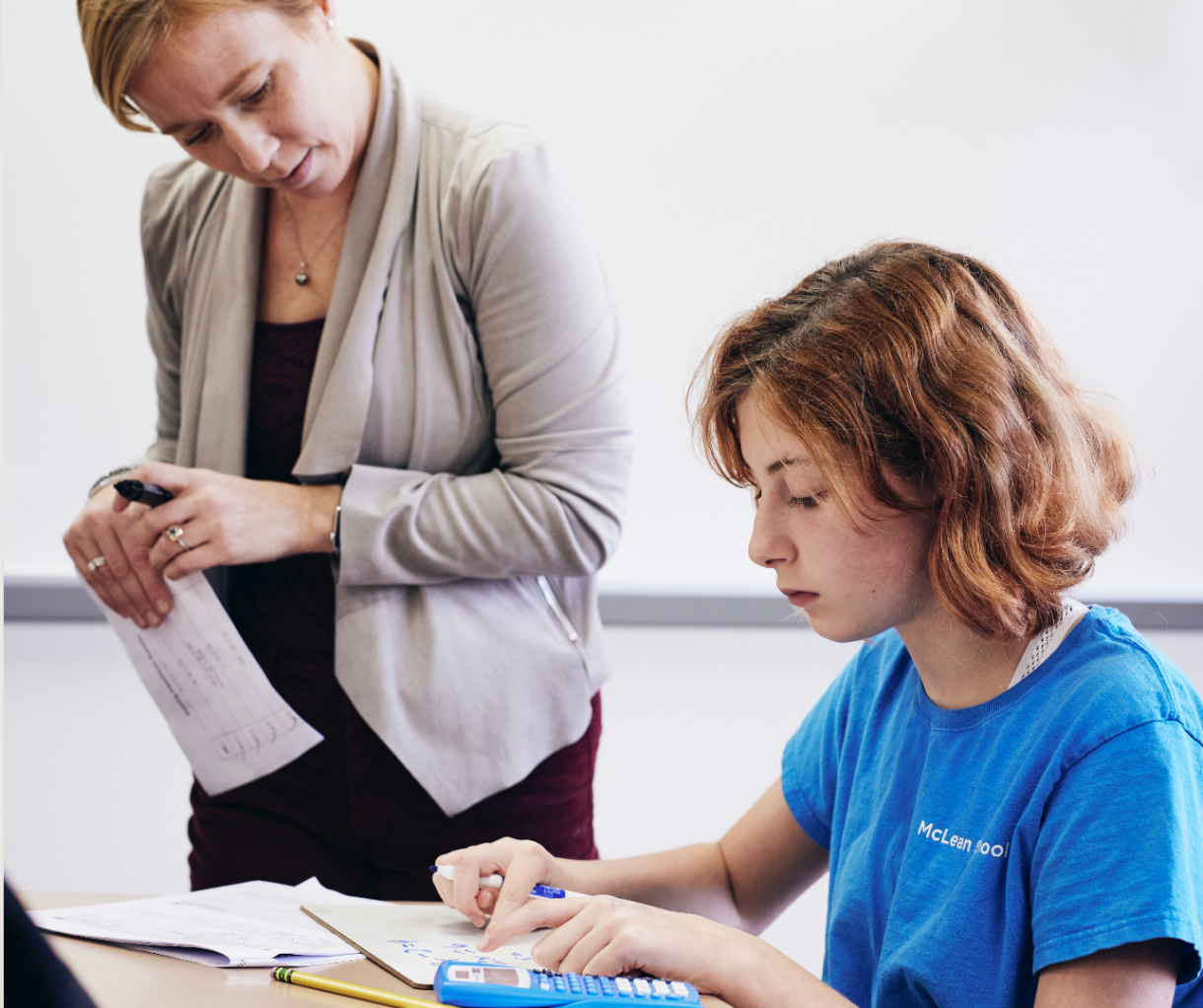Xperts Talk
Take a deep dive into a topic of interest! During each webinar you’ll hear from our expert faculty as they share information, best practices, effective accommodation, and plenty of tips for parents.
Click any of the images below to view a previously recorded Xperts Talk Webinar
How Do Kids Learn to Read? The Science of Reading.
Understand the intricate process of how children learn to read and the landmark scientific research on the topic. You’ll learn what children need to know and be able to do in order to become independent readers, and how parents can help.
Supporting Dyslexic Students in the Classroom: Building Confidence and Effective Readers
Hear more about our expertise in supporting students with dyslexia and needs in reading. We’ll discuss the research-based programs used to provide explicit instruction and intervention, assistive technology utilized, and as a result the growth in reading our students achieve.
Surviving or Thriving? Executive Functioning Matters.
Although the frontal lobe of the brain that controls executive functioning skills aren’t fully developed until age 25, there are plenty of strategies, techniques, and tools that can assist children. Our teachers embed executive functioning instruction in the classroom as they teach students to be successful in managing their space, ideas, and time. You’ll hear about the most common challenges with executive functioning and the ways our teachers address them so that students thrive, and not just survive in school.
Math Support and Acceleration: Meeting the Needs of Every Learner
Every student has different needs in math. Some might need intervention and strategies to support growth, others might need acceleration to above-grade level courses. Learn more about our math curriculum and how our expert teachers understand each student’s math strengths and challenges, and ensure their instruction in math is tailored.



